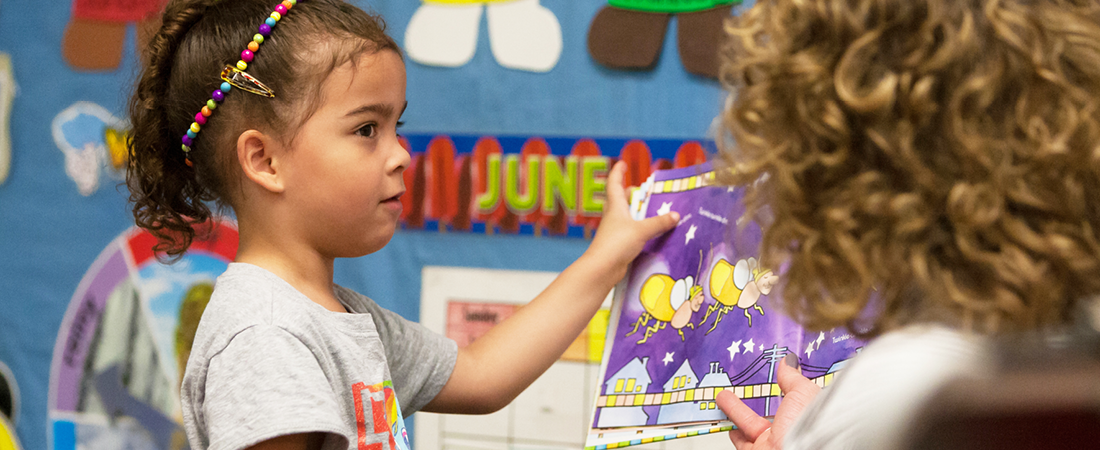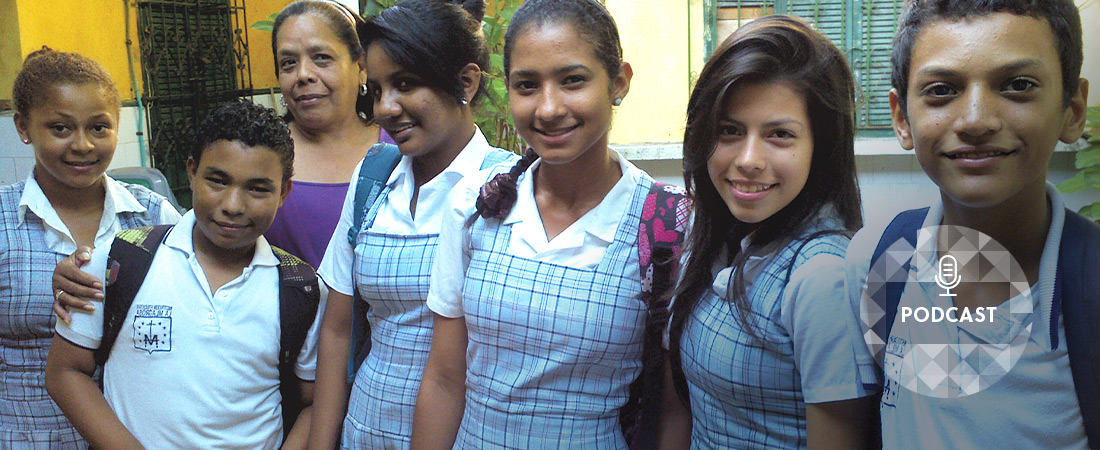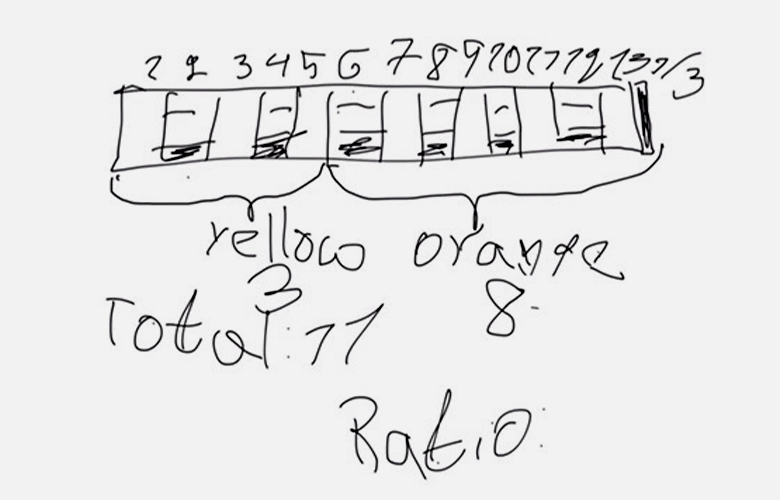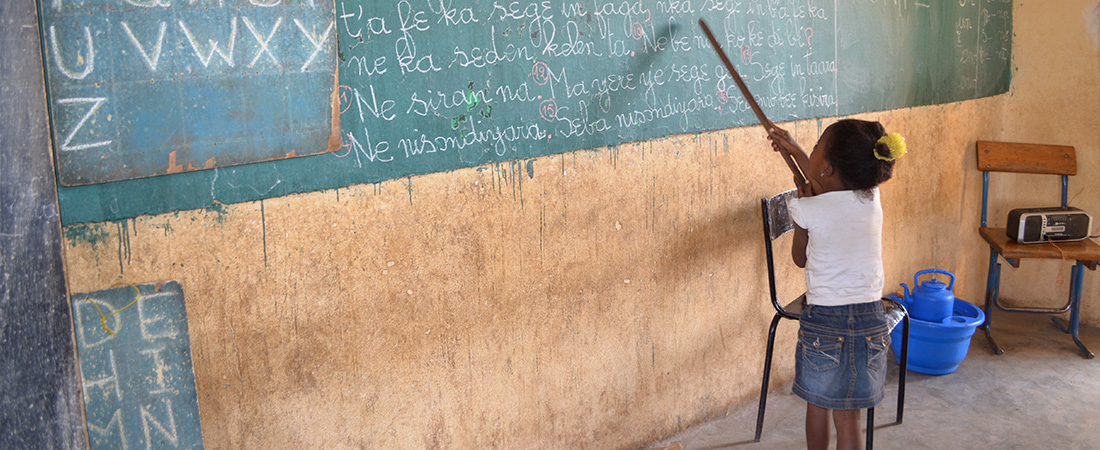Distance learning poses new challenges for these students, many of whom were not being provided with high-quality instruction before COVID-19.

Over 7,100 languages are spoken worldwide. Yet while research shows that speaking multiple languages is an advantage, many emergent multilingual learners (EMLs)—people of any age who are learning more than one language and developing proficiency to participate and be successful in their environment—do not receive an education that meets their needs. In the United States, very few teachers are prepared to build on the strengths of EMLs and engage them in challenging, high-quality education. And in countries with multiple local languages, students are often taught in a language different from their mother tongue.
Around the world, EDC works with educators, families, policymakers, and community partners to create equitable and inclusive systems for EMLs. Our research, evaluations, professional learning, training, and adaptive curricula build on EMLs’ unique assets and expand access to a high-quality education, both inside and outside of the formal classroom.
Featured

A new tool being piloted in Honduras may change how we evaluate the speaking ability of students learning English.

It’s important for teachers to carefully intertwine support for students’ language development with their mathematical learning, and mathematics class offers many fruitful opportunities to do so.

We’ve identified three teacher practices that particularly encourage the participation and mathematical reasoning of students who are emergent multilingual

In Mali, a balanced literacy approach is helping young children learn to read and write.

Distance learning poses new challenges for these students, many of whom were not being provided with high-quality instruction before COVID-19.

A new tool being piloted in Honduras may change how we evaluate the speaking ability of students learning English.

It’s important for teachers to carefully intertwine support for students’ language development with their mathematical learning, and mathematics class offers many fruitful opportunities to do so.

We’ve identified three teacher practices that particularly encourage the participation and mathematical reasoning of students who are emergent multilingual

In Mali, a balanced literacy approach is helping young children learn to read and write.